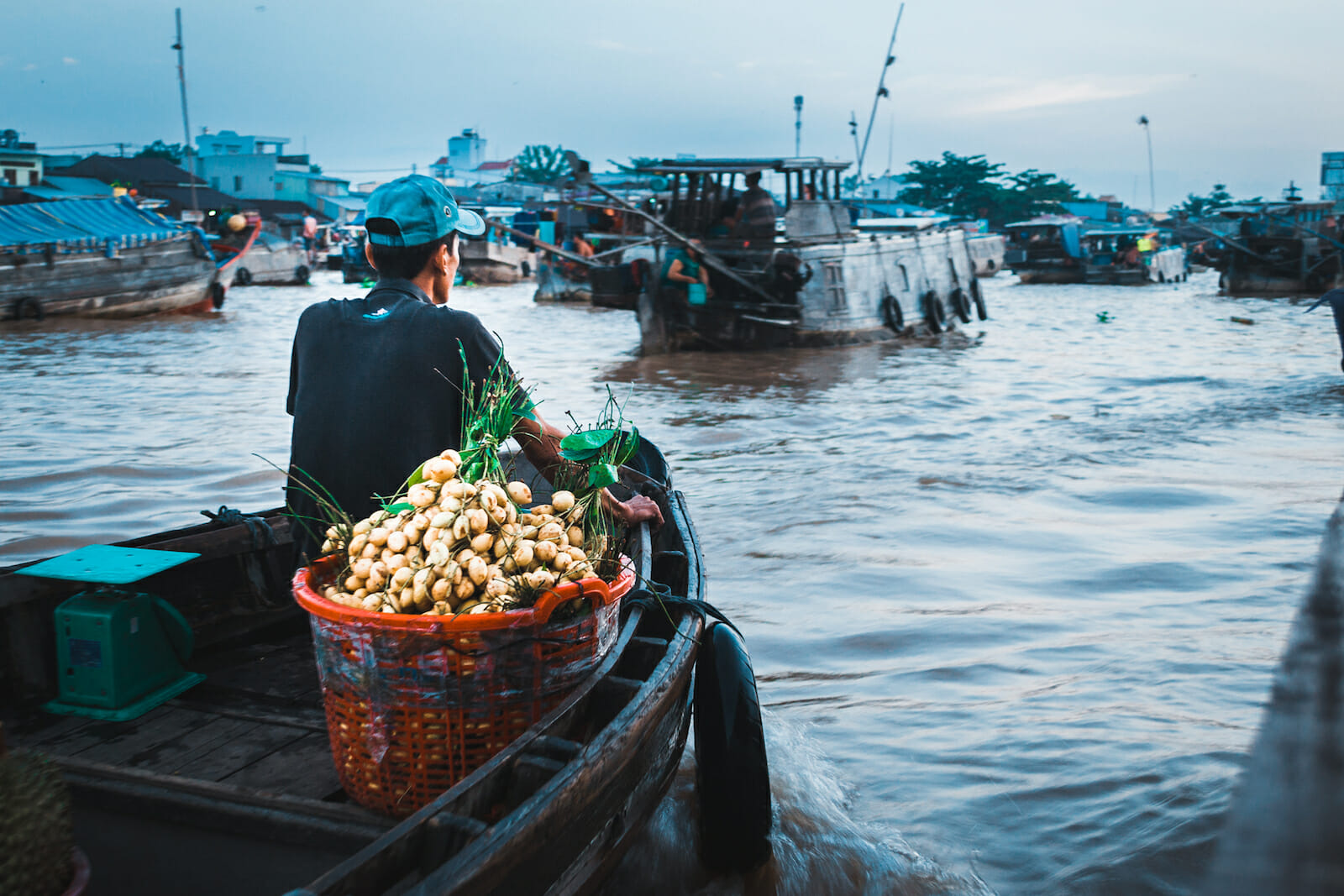
Business
A Dam Difficult Future for International Business
We are currently living in a world of geopolitical competition, and that competition is increasingly taking on the nature of a zero-sum game. Although the US has played the role, at times, of a global hegemon since the collapse of the Soviet Union, it no longer possesses the political influence or the economic bandwidth to continue to do so. Perhaps more importantly, new rising economies are flexing their muscle and demonstrating their ability and desire to carve out their own spheres of influence. Ian Bremmer, CEO of Eurasia Group, and Nouriel Roubini, Chair of Roubini Global Economics, have termed this new geopolitical paradigm a “G-Zero” world, a world in which no single country can meet the challenges of global leadership.
As difficult as the G-Zero World is for governments to navigate, it is even more difficult for international businesses. The G-Zero world is characterized by the tension due to increasing interconnectivity, fueled by the stateless nature of capital, and increasing competition between global powers, as best demonstrated by conflict over natural resources in Africa, territorial boundaries in Asia, and the strained relationship between the West and China. Going forward multinationals will be increasingly trapped between global opportunities and sovereign concerns.
The growing interdependence of a global marketplace implies that troubles in one market can, and will spread to others. This pernicious aspect of globalization has made problems increasingly interconnected; yet solutions still remain primarily local. The solution to this is supposed to be provided through multilateral organizations of both the global and regional varieties (the UN, the EU, NATO, ASEAN, etc). Yet such organizations are proving difficult to maneuver and largely fall short when called upon to to enforce any agreed-upon measures.
The solution to this problem remains unclear, sovereign identities are a powerful force in the global landscape leading to tensions between states over issues of joint concern.
The ability to forge a unique sovereign destiny remains a closely protected right, and as business increasingly crosses-political boundaries, the G-Zero world will create numerous problems for investors and corporations of all nations as they are caught between the interests of different nations.
Absent global leadership, conflicts of interest and different development goals will increase cross-boarder tensions, precluding proactive and increasingly important agreements on fundamental economic and geopolitical issues such as water rights, global warming, healthcare, etc. In short, we live in a global community of local values.
The effect of such tension on business is already visible where political boarders and essential natural resources meet. Water, the most essential of all resources, is often found flowing across borders with no regard for the geopolitical realities of a region. Water’s shared nature has already created problems in Africa and Central Asia and is now at the heart of a growing controversy in Southeast Asia where CH. Karnchang, one of the largest and most successful Thai construction firms, is faced with political risks that are putting a $3.5 billion dollar hydroelectric dam project at risk.
The Xayaburi Dam project in Laos’s northern province is a 1.2 Gigawatt (GW) hydroelectric dam across the Mekong River and is an essential step in the Lao government strategy to become a regional transport corridor and electricity provider for much of Southeast Asia. Laos is one of the poorest countries in Southeast Asia, with a population of 6.2 million and a per capita gross domestic product of just $1,320. Increasing its economic difficulties is the fact that Laos is landlocked and mountainous. The one clear bright spot is the estimated 18GW of hydroelectric power potential, of which only 2.54GW is tapped but which nevertheless generates 30% of Lao export revenue.
Seeking to forge a better future for its people through economic development, Laos is intent on leveraging this hydroelectric potential, a goal at odds with, and very likely damaging to, the developmental goals of Vietnam. The Mekong River is an essential resource for the Vietnamese agricultural industry, comprising approximately one fifth of the economy and the source of employment for one fifth of Vietnam’s workers. Vietnam fears that the Xayaburi dam will not only wreak havoc on the delicate river ecosystem, but also set a precedent for further hydroelectric projects that could fundamentally change the nature of the Mekong river basin.
The tensions between Vietnam and Laos over the issue of the Xayaburi dam have brewed since 2010, when Laos and Thailand first signed an agreement to build the dam. Under the terms of the agreement Thailand’s state power company agreed to buy 95 percent of the electricity the dam generates. Given the shared nature of the Mekong, the Mekong River Commission (MRC), a four-nation regional body representing Vietnam, Laos, Cambodia and Thailand, and in charge of managing regional developments, was tasked with carrying out a review of the project and in April of 2011 called for a delay in construction.
Nevertheless, Laos decided to move forward on the project, and with the support of the Thai government held a groundbreaking ceremony for Xayaburi on November 2012. On January 23rd of this year CH. Karnchang announced that it was pushing forward with construction and that the project was approximately 10% complete. Because Laos has decided to push ahead with the project against the wishes of the MRC, a multinational organization it is party too, strained ties with Vietnam, historically one of Laos’s closest allies, are unavoidable.
For international business the G-Zero world means being trapped between opportunities in one nation and the criticism, concerns and dismay of another. The Mekong River basin is a globally significant resource; it is the world’s largest inland fishery and home to 60 million people, and many derive their livelihoods from the river. It is unclear who will judge whether Laos should be allowed to better the future of its people through economic development, if it would do so at the cost of Vietnam’s economic security. Although Vietnam’s concern is warranted, it has few levers to pull, and will likely have to endure the consequences of Laos’s decision to move forward with Xayaburi.
Stuck between international concerns regarding potential damage to the river and the sovereign concerns of Laos is CH. Karnchang. CH. Karnchang is not protected by sovereign status and has already lost hundreds of millions in delays and extra construction costs they are unlikely to recoup. Furthermore CH. Karnchang has a 29-year concession to operate the dam, a concession that is looking increasingly risky given political tensions surrounding the dam. CH. Karnchang is not the only private enterprise to suffer though. According to Kraisak Choohavan, a former Thai Senator, “The international reputation of the Thai banks who have agreed to finance the dam is also at risk, quite apart from the project’s financial viability.”
On top of this, the credibility of the Mekong River Association has been severally damaged. The MRC’s development partners, who have contributed approximately $300 million to the organization since 1995, are witnessing firsthand how futile multilateral efforts can be in a G-Zero world.
The G-Zero world is one in which regional and global issues are increasingly subject to self-interested local concerns. The political minefields through which multinationals must now walk are growing increasingly dangerous, and missteps risk both loss of investment and significant reputational risks. Businesses beware, the free market is less free then it used to be, and governments are increasingly playing the role of spoilers.
